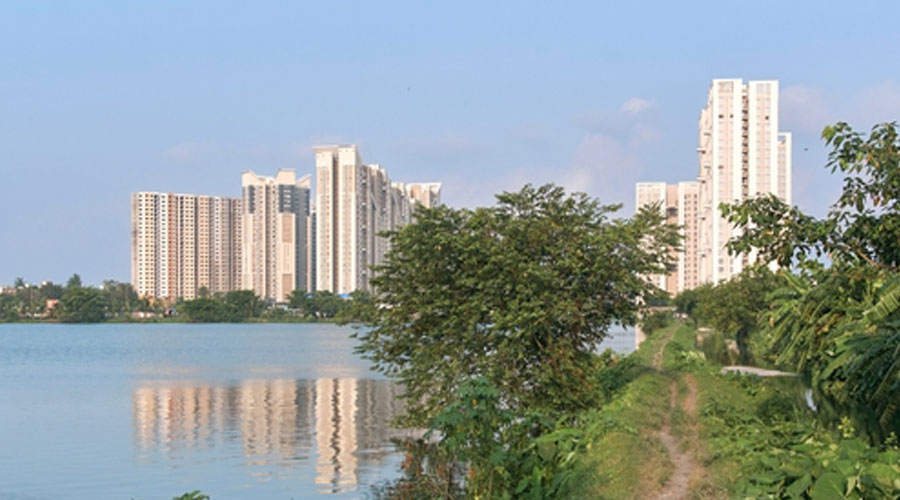Cities function as magnets. Employment prospects, education opportunities, a better standard of living and other such factors draw people to them. So much so that more than half of the global population already lives in urban areas. The number is projected to rise exponentially and India is not an exception to the trend. According to the recent United Nations - Habitat’s World Cities Report 2022, India’s urban population is estimated to stand at 675 million by 2035, second only to that of China. Currently, more than 35 per cent of Indians reside in cities. Interestingly, the renewed urbanisation is suggestive of a turnaround from the figures of the previous two years when India witnessed a large scale reverse migration from cities to their hinterland owing to the pandemic. Neither can the trend be attributed to higher urban birth rates. The fifth National Family Health Survey has indicated that India might be able to achieve ‘zero population growth as a result of a historic decline in the total fertility rate. Therefore, the causal factors of urbanisation must be the result of the uneven patterns of development and amenities between cities and the rural landscape.
Unprecedented urbanisation comes at a price. The environment is one casualty on account of encroachments on green stretches aggravating public health risks. Urbanisation also complements poverty: one of the principal challenges confronting cities is the staggering number of ‘urban poor’. A burgeoning population puts unsustainable pressure on urban amenities. Significantly, the poor come up second best in the resultant competition on thinning urban services, further deepening social inequalities. In fact, the pandemic has illustrated how overpopulated cities strain their resources and make it difficult to fight an emergency. A serious rethink on urban planning is, thus, the need of the hour. India claims to have taken significant steps in this regard. The Smart Cities Mission was launched in 2015 and aims to build 100 environmentally-sustainable urban hubs across the country. The ambition is welcome; the quality of delivery needs to be examined. There must also be a parallel socio-economic push to improve facilities in rural areas to decongest cities. Urban renewal efforts, such as greenfield projects, must be made more inclusive and involve the local stakeholders. But policy interventions can be effective if only there is collective awareness about the need for holistic transformation.











